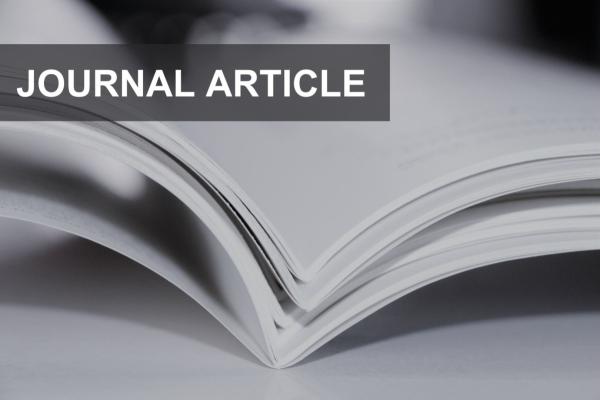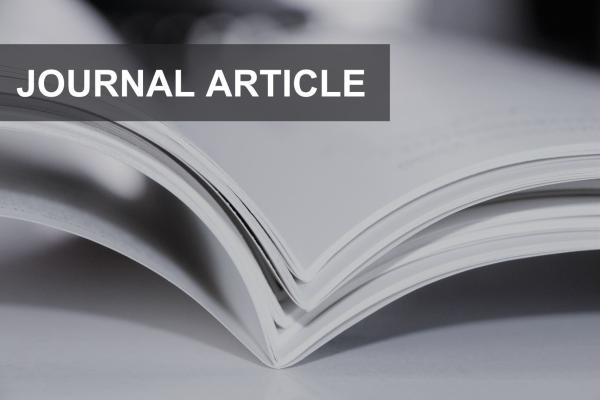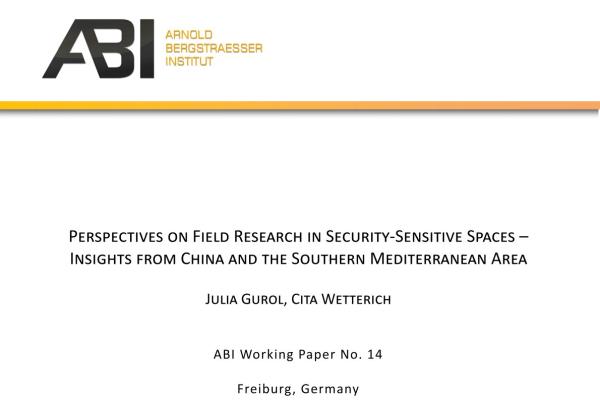
Projekte:
Volkswagen-Stiftung: Global autocratic collaboration in times of COVID-19: Game-changer or business as usual in Sino-Gulf relations? (2021-2022)
FRIAS early career researcher conference: Authoritarianism & Democracy: Transnational and Multiscalar Perspectives on Power and Spaces of Contestation (with Alke Jenss, Fabricio Rodríguez, Benjamin Schütze and Cita Wetterich)
Ausgewählte Publikationen:
Monographie:
(2022) The EU-China Security Paradox. Bristol, UK: Bristol University Press.
Artikel & Buchkapitel:
(2023) 'The authoritarian narrator: China's power-projection and its reception in the Gulf', International Affairs, Vol. 99, No. 2, pp. 687-705.
(2023) 'Elite Networks and the Transregional Dimension of Authoritarianism: Sino-Emirati Collaboration in Times of a Global Pandemic', Journal of Contemporary China, Vol. 32, No. 139, pp. 138-151 (co-authored with Tobias Zumbrägel & Thomas Demmelhuber).
(2022) 'Contingent Power Extension and Regional (Dis)Integration: China's Belt and Road Initiative and its Consequences for the EU', Asia Europe Journal (co-authored with Fabricio Rodríguez).
(2022) 'Infrastructuring Authoritarian Power: Arab-Chinese Transregional Collaboration Beyond the State', International Quarterly of Asian Studies, Vol. 53, No. 2, pp. 231-249 (co-authored with Benjamin Schütze).
(2022) 'South-South Cooperation: Between Cooperation on Eye-Level and Accusations of Neo-Colonialism', in: Regionalism and Global Governance, Jürgen Rüland & Astrid Carrapatoso (eds.). Edward Elgar Publishing: 160-170 (co-authored with Sandra Destradi).
(2022) 'The Corona Temptation? Autocratic Linkages in Times of a Global Pandemic', in: The MENA Region and COVID-19: Impact, Implications and Prospect, Zeina Hobaika, Lena-Maria Möller, Jan Völkel (eds.). Routledge: 19-35 (co-authored with Thomas Demmelhuber & Tobias Zumbrägel).
(2020) 'The Role of the EU and China in the Security Architecture of the Middle East', Chinese Journal of Middle Eastern and Islamic Studies, Vol. 14, No. 1, pp. 18-34.
(2020) 'Perspectives on Fieldwork in Security-Sensitive Spaces - Insights from China and the Southern Mediterranean', ABI Working Paper, No. 14 (co-authored with Cita Wetterich).




